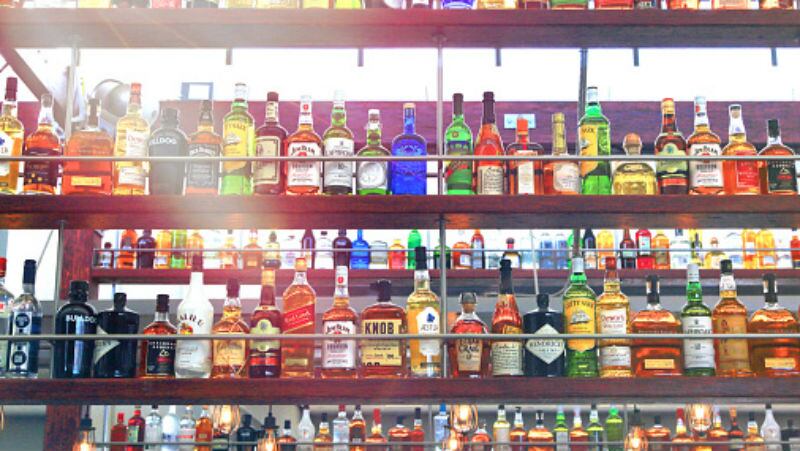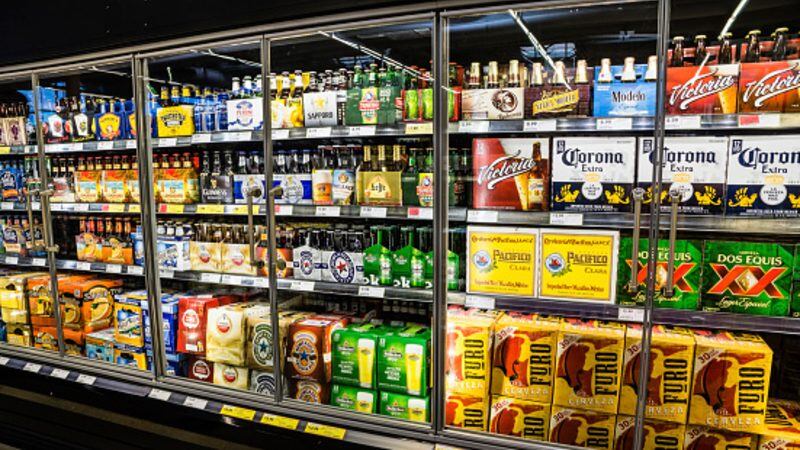India has been a hotspot for food and beverage adulteration cases over the past several years, covering a wide range of products from dairy to honey and more – and after the COVID-19 pandemic hit the region, alcohol emerged as the most vulnerable sector for counterfeits due to high demand and low enforcement, a situation that has not abated since its spike was detected last year.
“In India, alcohol is particularly prone to being targeted for counterfeits – both cheap and branded types of alcohols are always in high demand [and] the unique situation that the COVID-19 crisis created [resulted] in a mismatch of demand and supply,” Authentication Solution Providers’ Association (ASPA) Secretary Chander Shekhar Jeena told FoodNavigator-Asia.
“Criminals have exploited this situation to make and sell illicit liquor [and they were enabled] because the high profit margins were attractive whilst the lack of evidence and penalisation was encouraging.”
Alcohol was identified in the ASPA State of Counterfeiting in India 2021 report as the most-counterfeited sector - and this situation appears to have continued on into 2022, with last seven days of July 2022 (23rd to 31st) alone having seen at least five large-scale fake alcohol operations rounded up all over the country.
Even more worryingly, a series of alcohol poisonings due to the consumption of counterfeit alcohol has also been taking place in multiple state – one of the most tragic saw 28 deaths across multiple villages in the state of Gujarat attributed to fake alcohol, with several dozen more hospitalised. At present, Gujarat enforces a complete ban on the purchase, consumption and possession of alcohol, a likely catalyst for the fake alcohol business.
In addition, the last two weeks of July 2022 also saw at least three adulterated oil rings busted in multiple Indian states including Rajasthan and Jharkhand, with thousands of litres of edible oil being confiscated.
Along with the adulterated oil, many cans, boxes and packaging materials with branded company names were also recovered, indicating that the majority of this oil had been destined to be packed as branded products and sent to local retailers and distributors to be sold for consumer consumption.
To prevent situations such as these from repeating themselves, ASPA has urged both industry and government to look more closely at implementing better anti-counterfeit strategies, particularly those with technological safeguards.
“As we move forward in the technology-enabled era, it is time that India also employs intelligent technology to solve the problems of counterfeiting that is damaging the economy from the inside,” ASPA President Nakul Pasricha said.
“The circulation of substandard and falsified products [such] as fake alcohol and adulterated dairy [attacks the public] on multiple levels – by threatening human and animal well-being, hampering brand profits, obstructing government revenues, robbing consumer faith and damaging brand India in the global market.
“We are seeing steps taken towards tackling counterfeiting in India e.g. in the pharmaceutical sector which has mandated 300 top brands to use QR codes on their packaging – [but] even these have not yet made their way into the food and beverage sector at full scale yet.
“[From a broader point of view, these are still small steps while the problem is much more complex - A strategic all-around plan and actions are required to curb the massive menace of counterfeiting in the country, utilising authentication solutions and robust track and trace infrastructure."
Technology is the answer
Although many Indian food and beverage are not yet seeing investments into anti-counterfeiting technology as a main priority, Pasricha stressed that it is wise to do this to put Indian F&B on the international map.
“The return on investment on authentication solutions is very significant, and other countries' positive impact of using the anti-counterfeit solutions has been proven, [so] we are confident that India will adopt this too,” he said.
“ASPA is in fact rolling out our five-year strategy to push national authentication and traceability forward, and within these we intend to focus on areas such as advancing R&D, increasing the awareness of Authentication and Traceability solutions (ATS) and promoting further adoption, as well as developing tools to measure the impact and scale of counterfeiting [both locally and internationally].
“This strategy will cover 2022 to 2027, and within this India is our first target to push more of these authentication and traceability technologies, as [we see that] counterfeiting is eroding over INR1tn (US$12.8bn) in the Indian economy, and these are essential tools for India to fight back.”
Pasricha also stressed that the although adulteration issues have ‘seeped deep into the ecosystem’ within India’s food and beverage industry, the magnitude of the issue is in face ‘still underestimated and undertreated’, urging for the fostering of better consumer behaviour, better brand practices, and better sensitisation on the part of regulatory bodies to make a ‘considerable dent’ in the nation’s adulteration issue.





